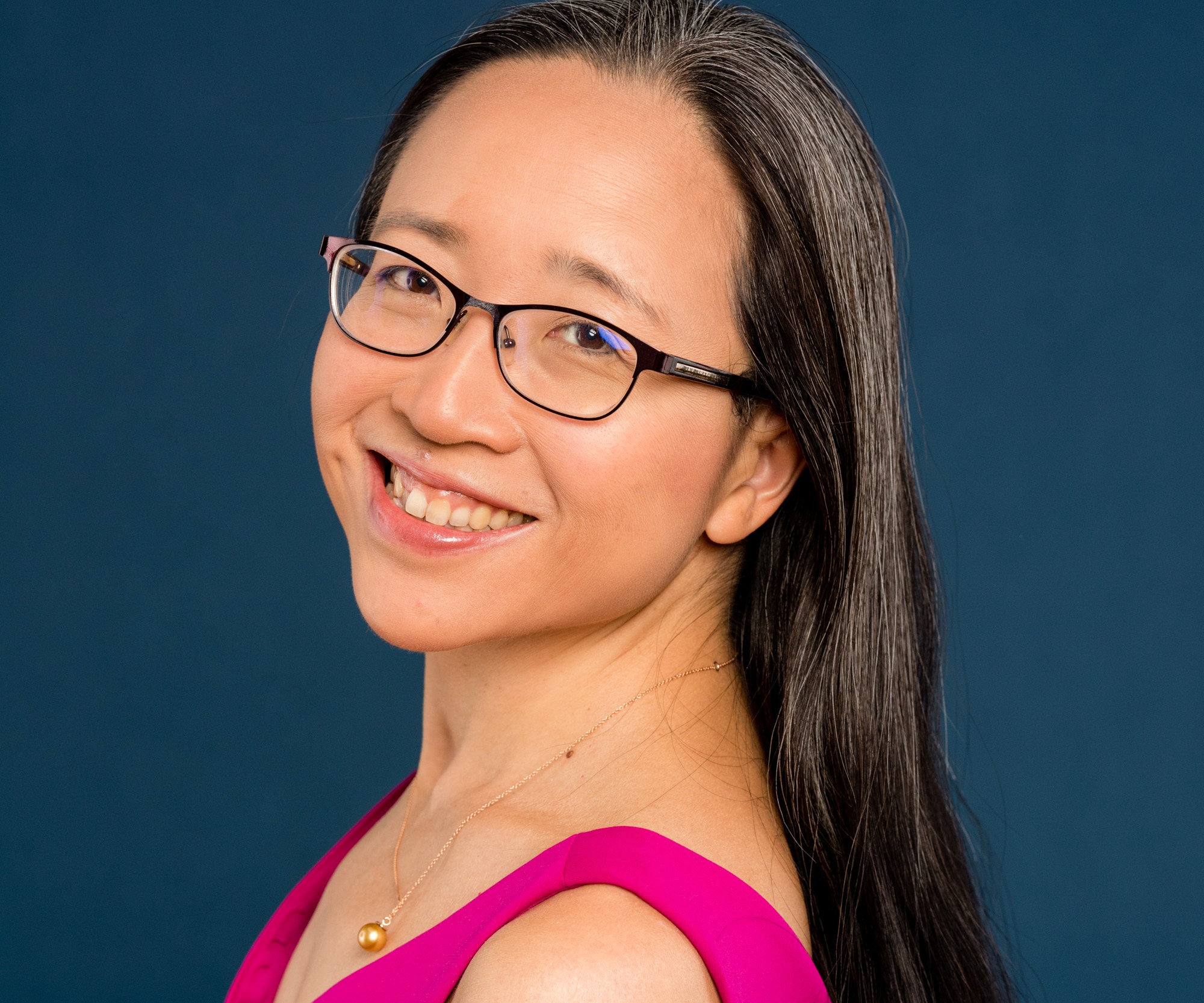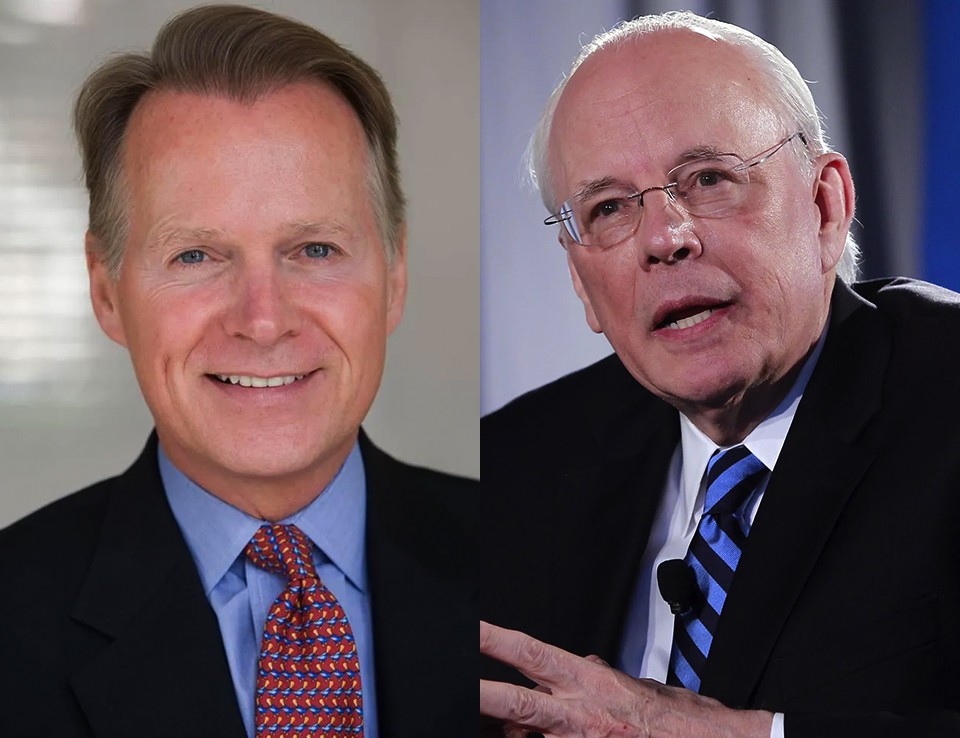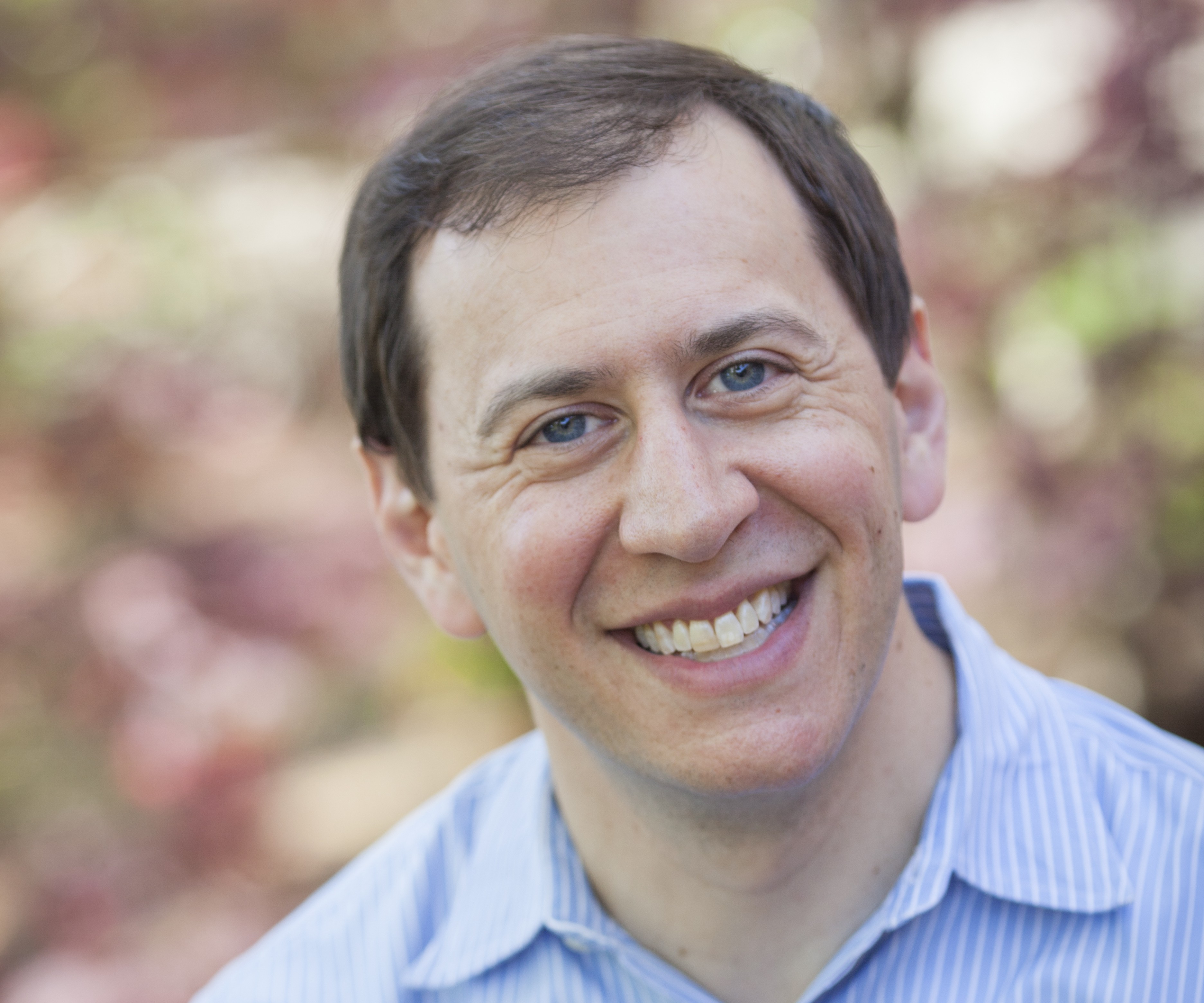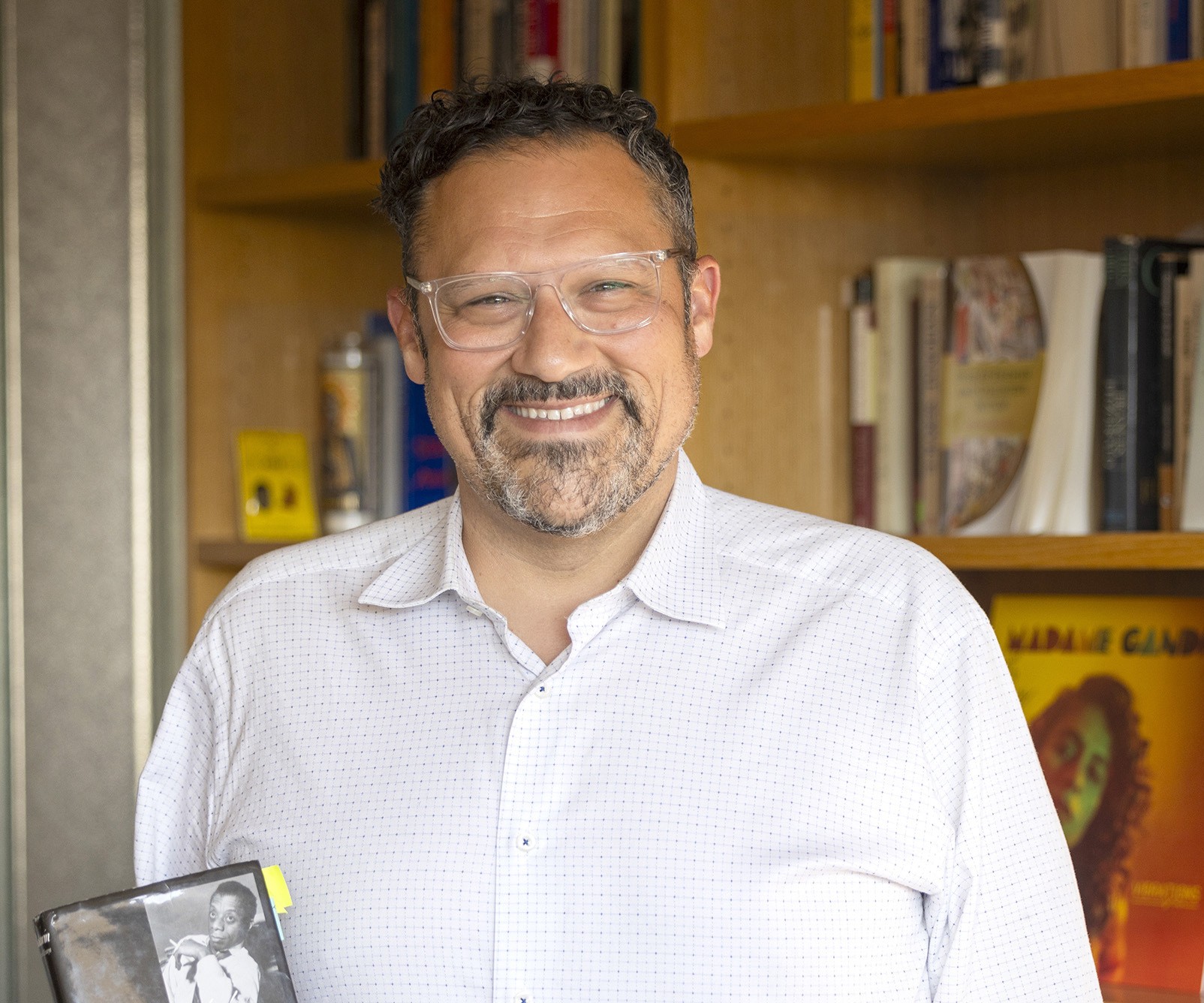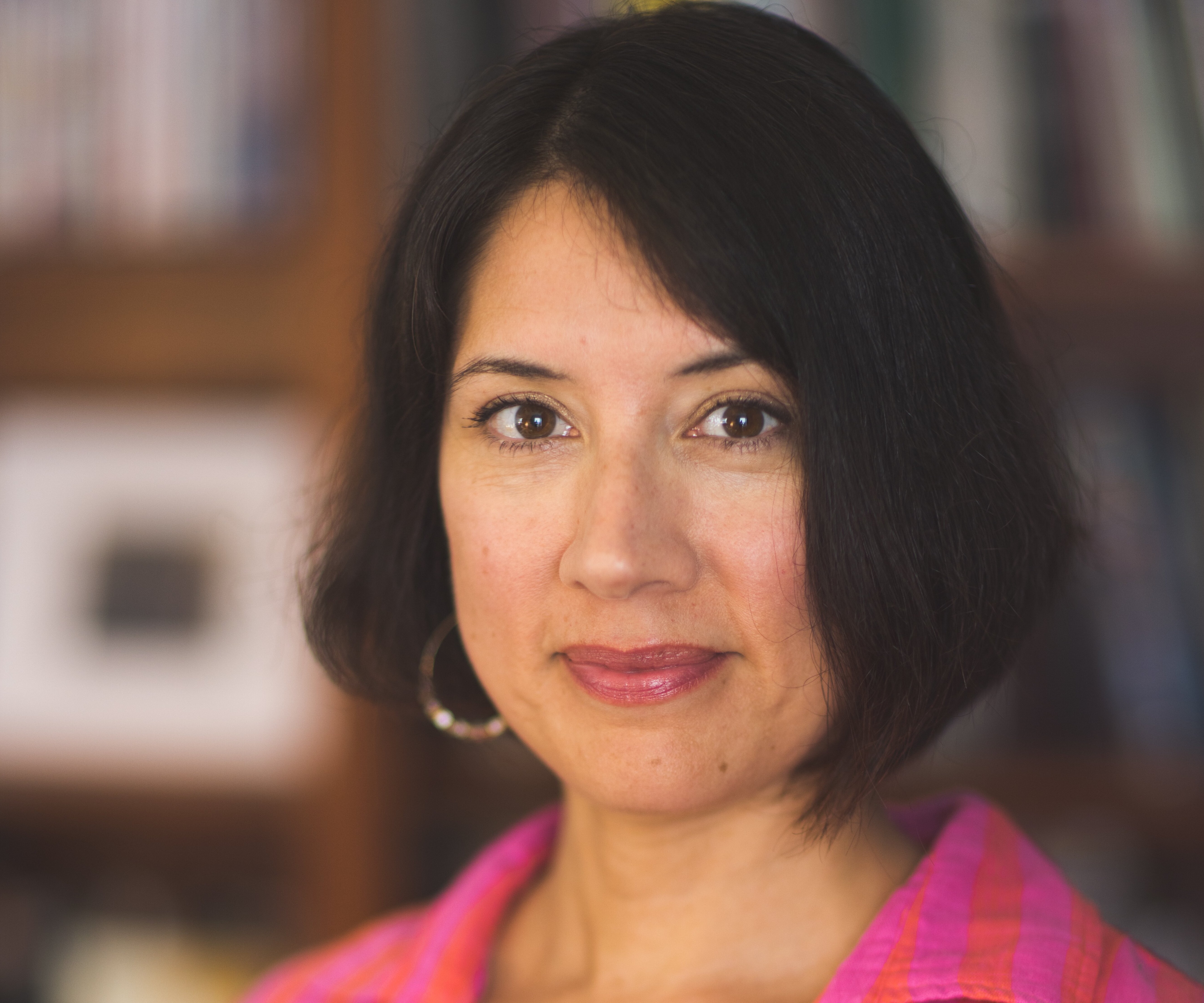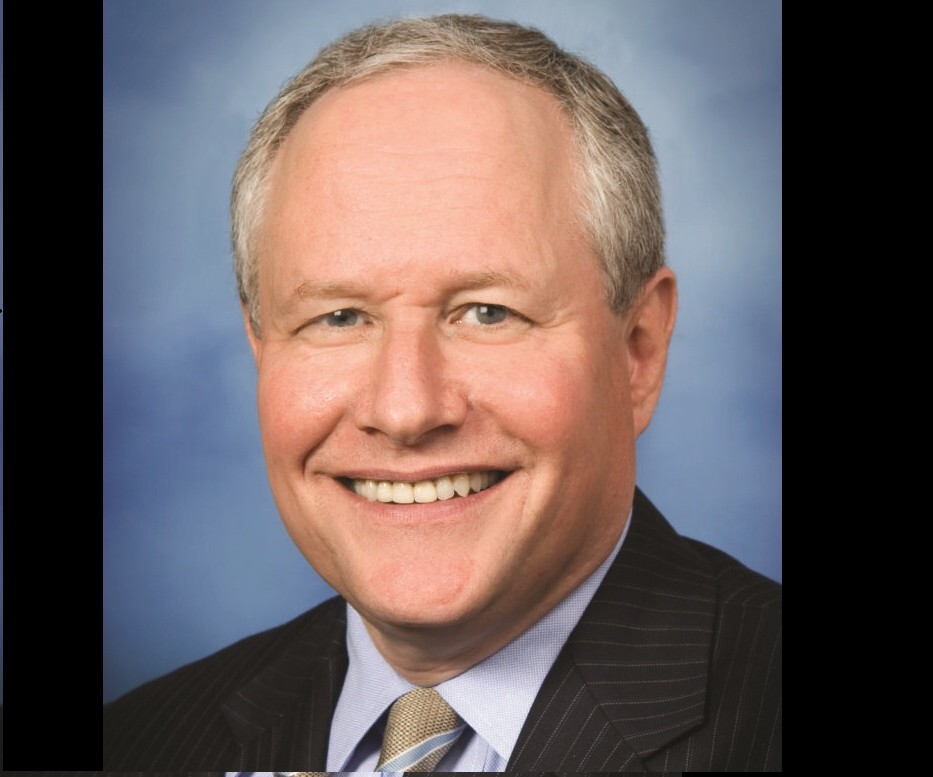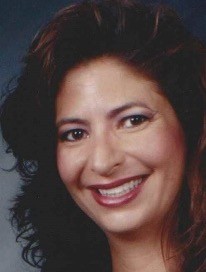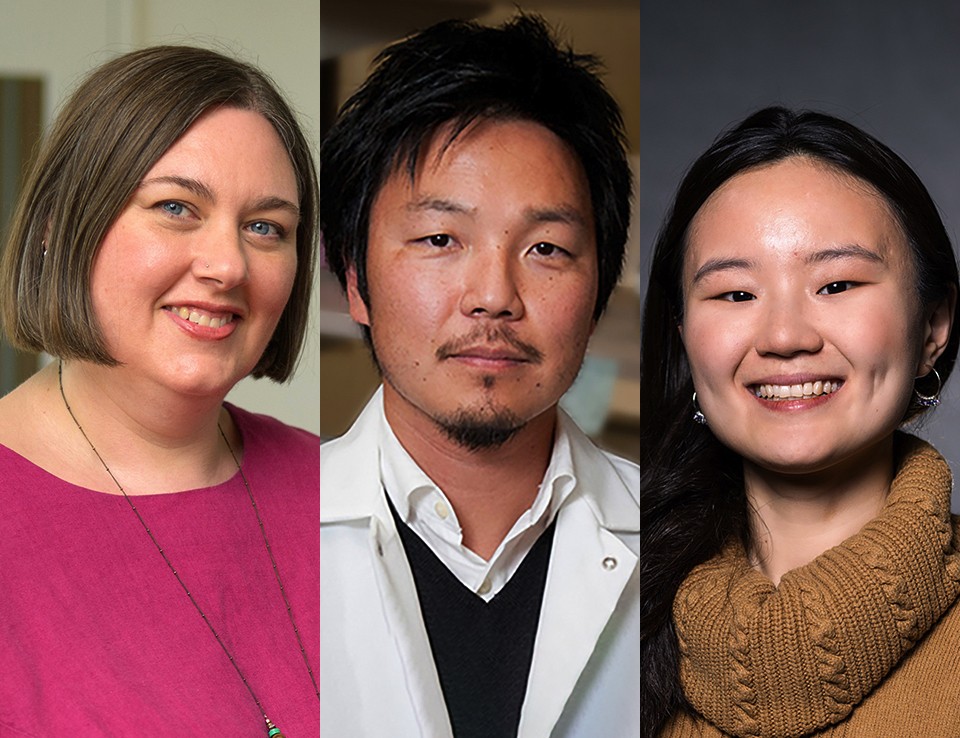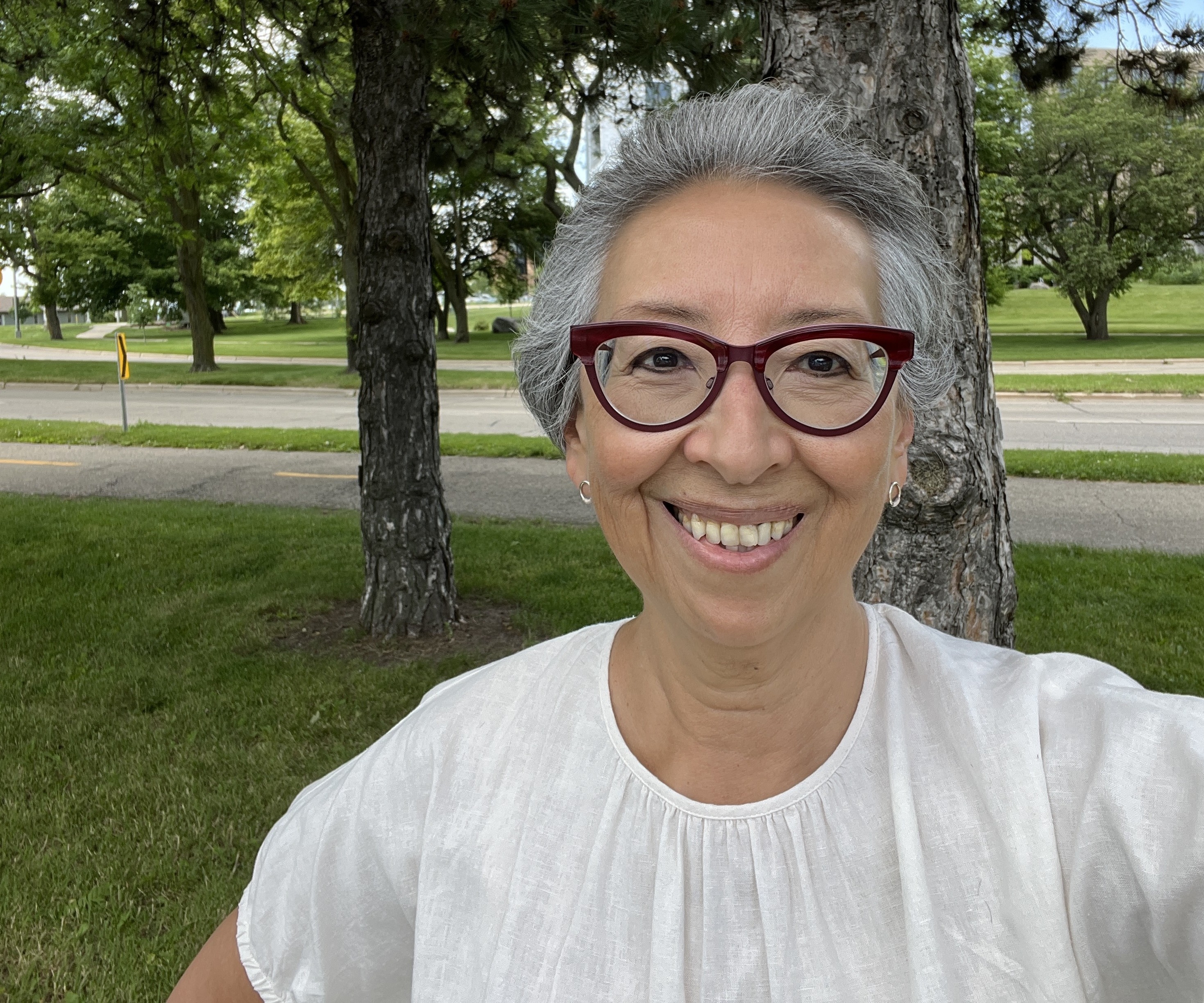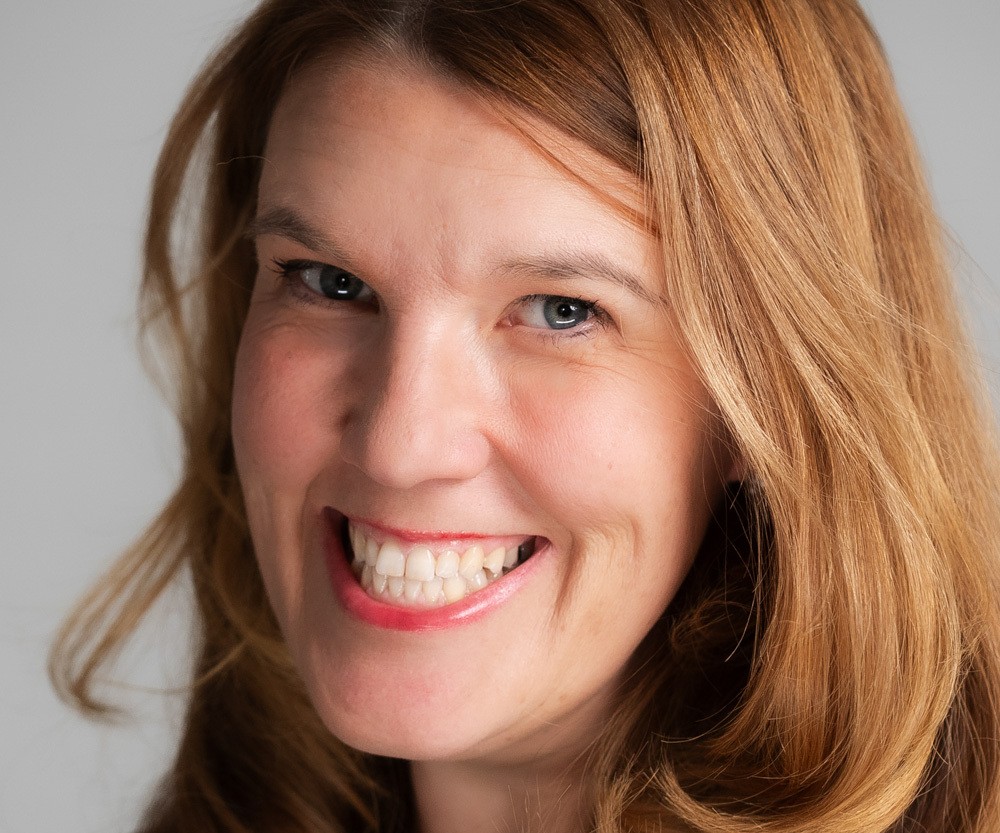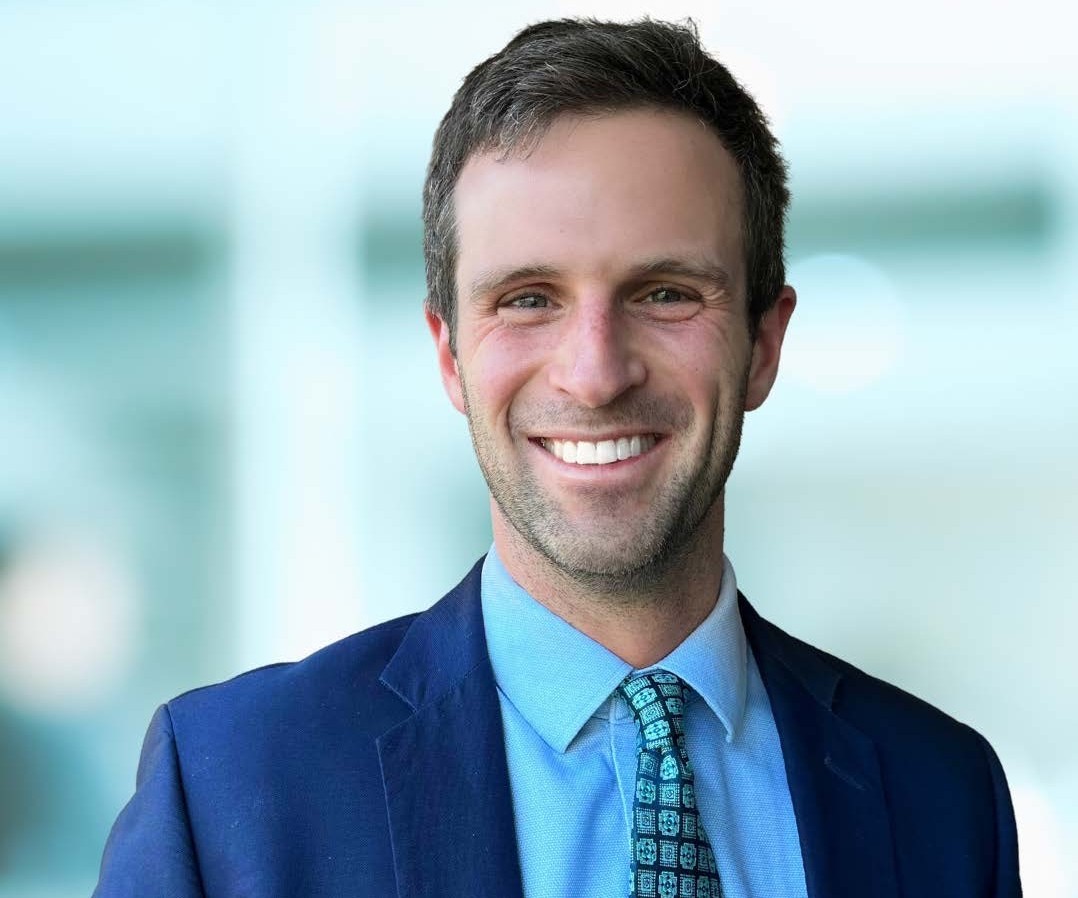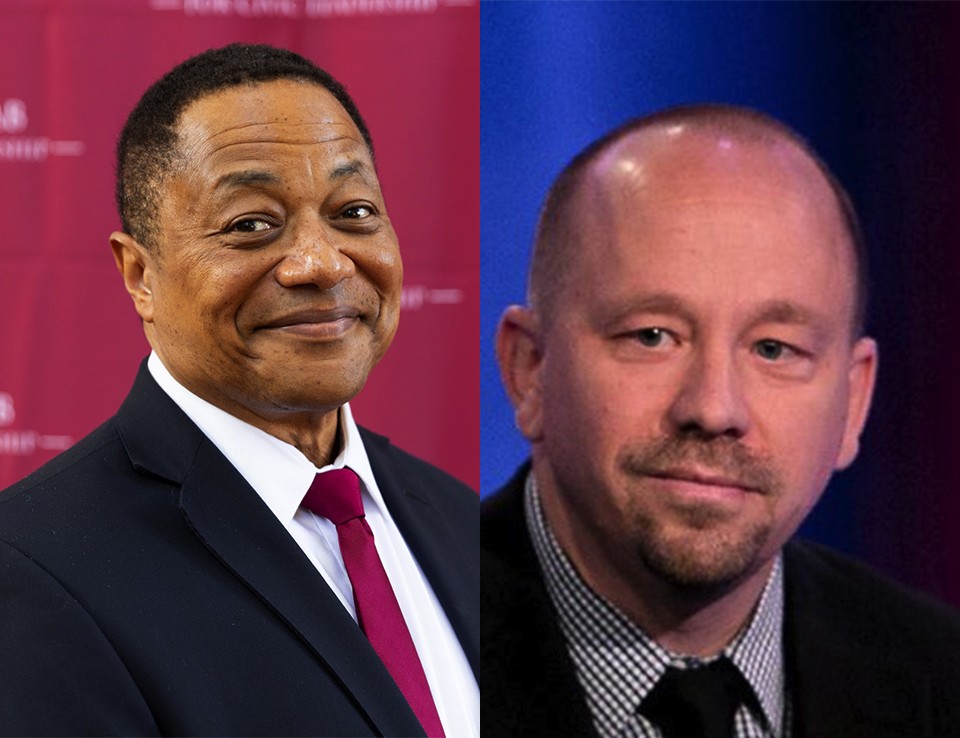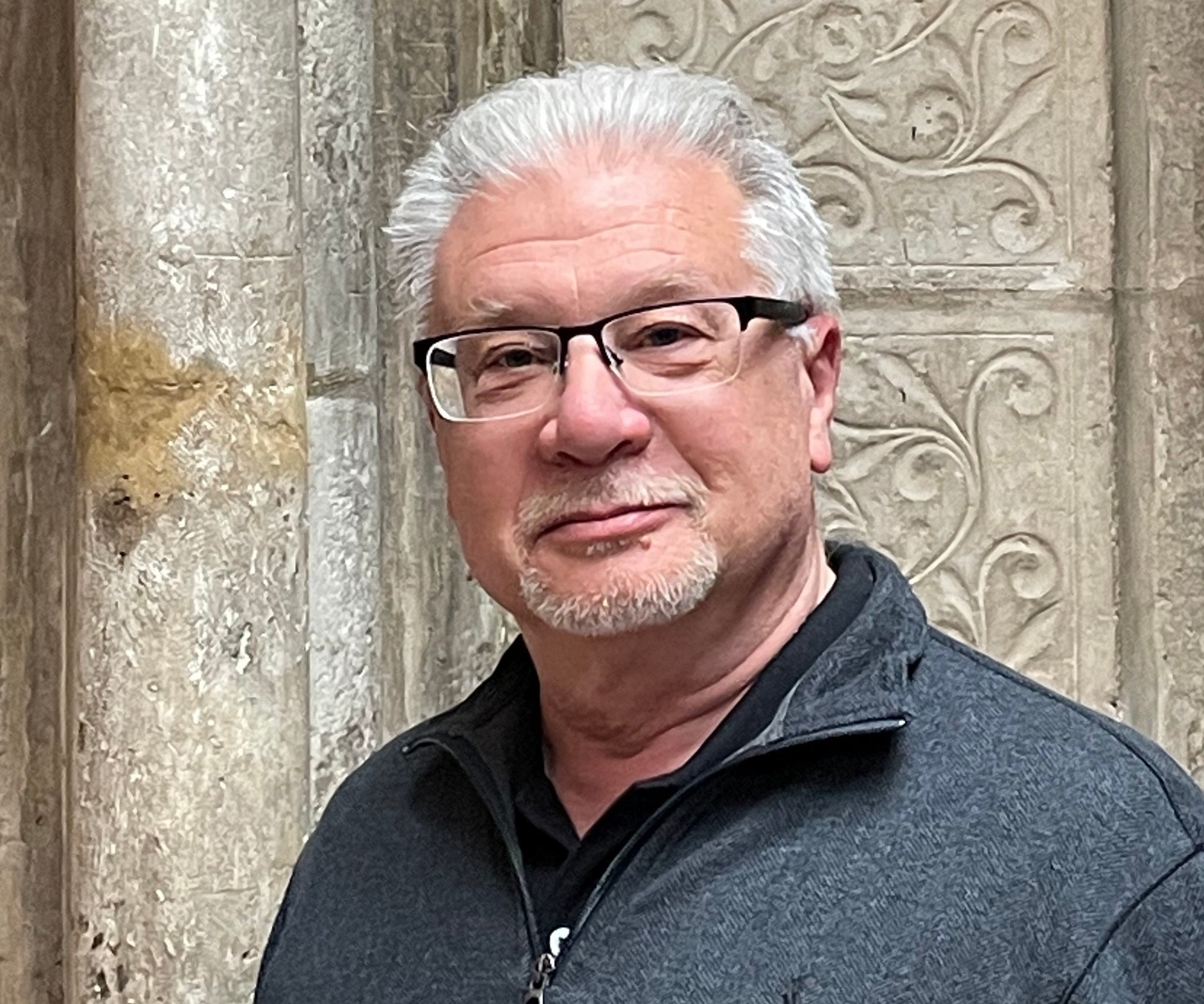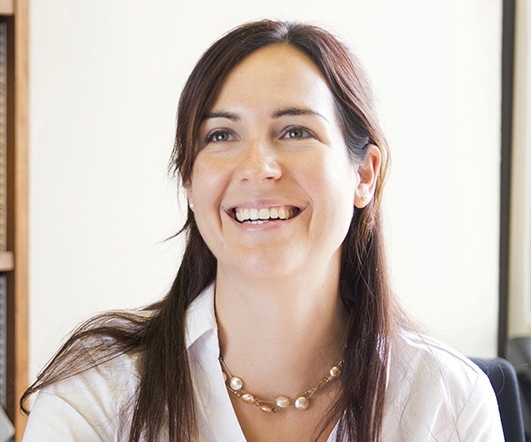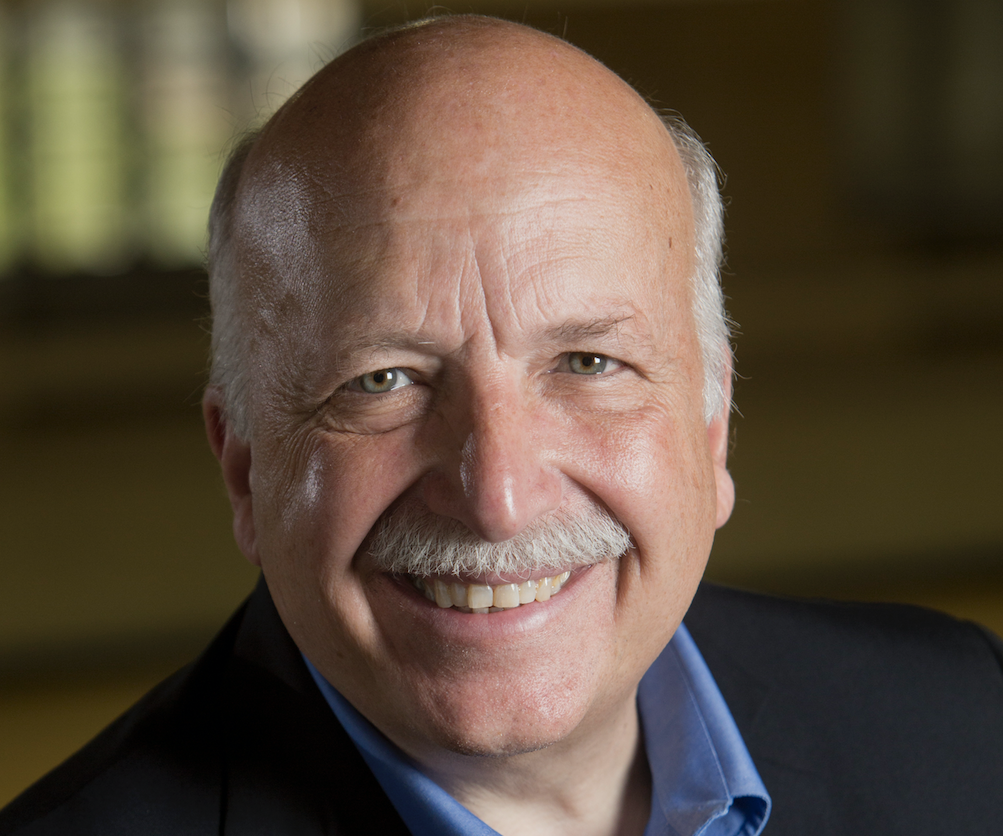Current Semester Schedule
Athenaeum events are posted here as detailed information becomes available.
Thu, October 2, 2025
Dinner Program
David Dreier '75 and John W. Dean III
Mon, October 6, 2025
Dinner Program
Daniel Pollack-Pelzner
Tue, October 7, 2025
Dinner Program
Nicholas Buccola
Wed, October 8, 2025
Dinner Program
Desirée J. Garcia
Thu, October 9, 2025
Dinner Program
William Kristol
Wed, October 15, 2025
Lunch Program
Jodie P. Filkins
Wed, October 15, 2025
Dinner Program
Diana Williams, Shaun Lee, and Rui Cheng
Thu, October 16, 2025
Dinner Program
Theresa Delgadillo
Mon, October 20, 2025
Dinner Program
Susan McWilliams Barndt
Tue, October 21, 2025
Dinner Program
William Menard '09
Wed, October 22, 2025
Lunch Program
Jon Shields and Vernon C. Grigg III
Wed, October 22, 2025
Dinner Program
Seth Lerer
Thu, October 23, 2025
Dinner Program
Aislinn Bohren
Mon, October 27, 2025
Dinner Program
Scott Ellsworth P’24

